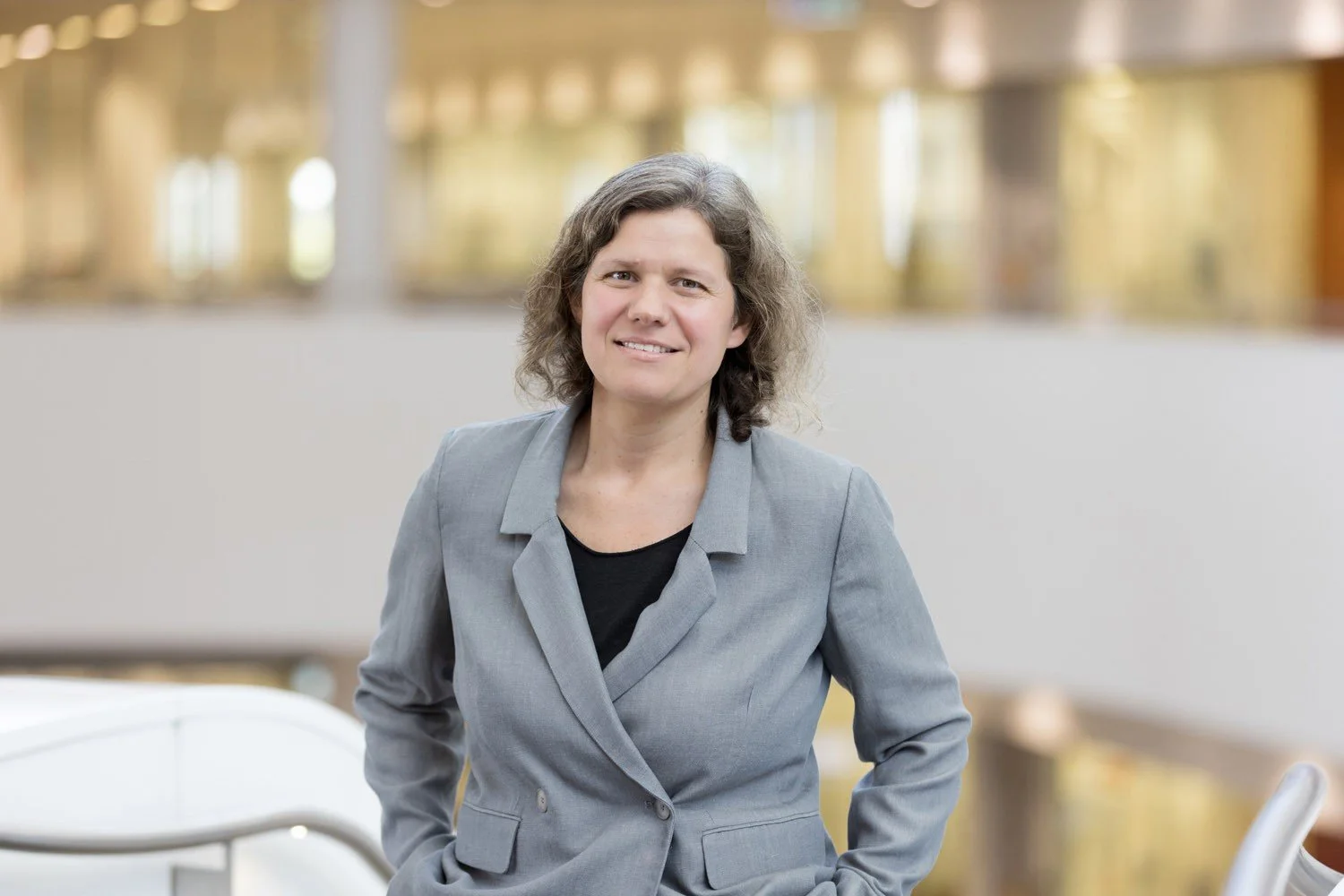
A/Prof Ines Pires da Silva
Associate Professor, Medical Oncologist, Senior Scientist
A/Prof Inês Silva, MD FRACP PhD, is a Medical Oncologist and Associate Professor at Melanoma Institute Australia and The University of Sydney. A physician-scientist with over 90 publications, her work focuses on translating discoveries in melanoma and immuno-oncology into improved patient outcomes.
Her research program is centred on four key areas: (1) identifying biomarkers of response to immunotherapy and targeted therapy; (2) elucidating mechanisms of innate and adaptive resistance; (3) defining patterns of metastasis and response; and (4) understanding the mechanisms of immunotherapy-related toxicity. Dr. Silva has made seminal contributions, including establishing the efficacy of combination ipilimumab and anti-PD-1 therapy in anti-PD-1 resistant melanoma (Lancet Oncology, 2021) and demonstrating the poor efficacy of subsequent CTLA-4 blockade after anti-PD-1/anti-LAG-3 failure (NEJM, 2022). Her foundational work identified liver metastases as a key site of immunotherapy resistance, a finding that has shaped subsequent research.
Dr. Silva is a highly funded investigator, securing prestigious grants as Chief Investigator, including an NHMRC Investigator Grant (2024) and a Melanoma Research Alliance Young Investigator Award (2025) for her "NeoPlatform" neoadjuvant translational research program. Her research excellence is recognized by numerous awards, including the Bradley Stuart Beller Endowed Merit Award for the highest-ranking ASCO abstract (2020) and an ESMO Best Poster Award (2019).
As a principal and sub-investigator on over 35 Phase I-III clinical trials, she actively bridges the gap between bench and bedside. Her publication record includes first- or senior-author papers in high-impact journals such as Lancet Oncology, Journal of Clinical Oncology, Cancer Cell, NEJM, and Nature Medicine, with her work accumulating over 4,000 citations (h-index 31). Dr. Silva is a sought-after speaker and serves on scientific committees for ESMO and the Society for Melanoma Research.
